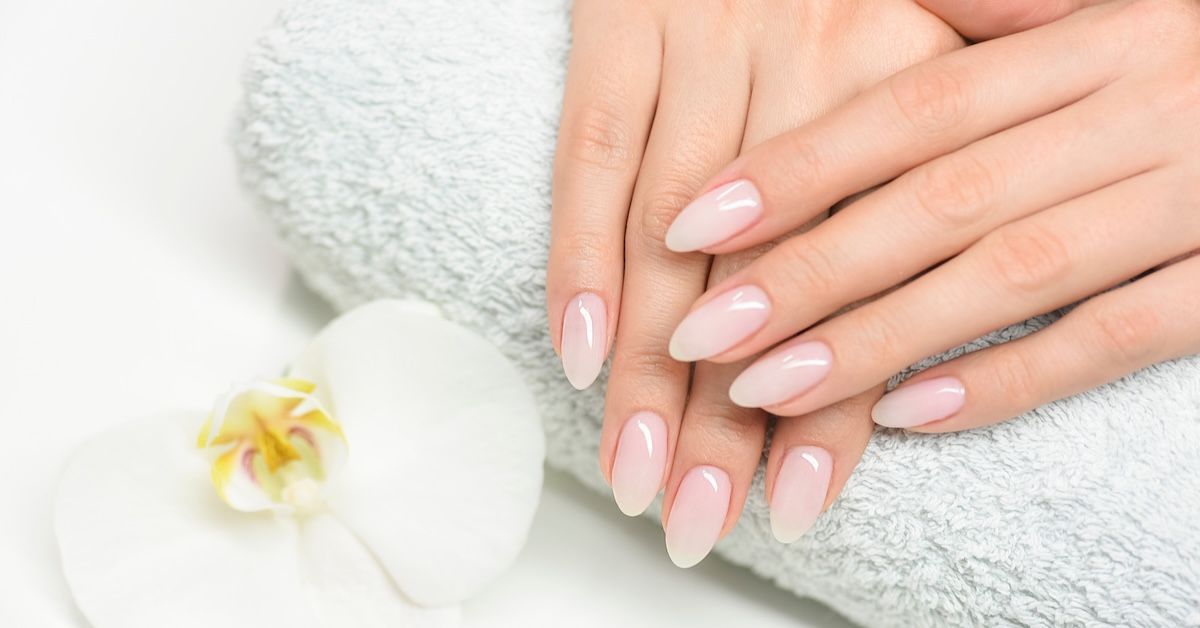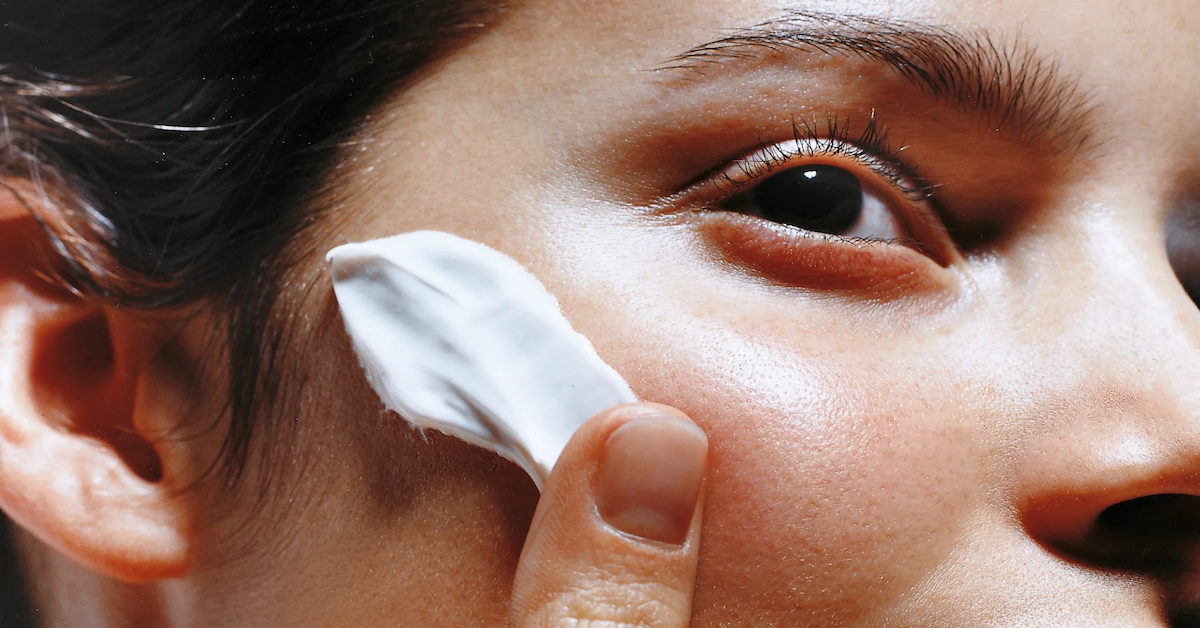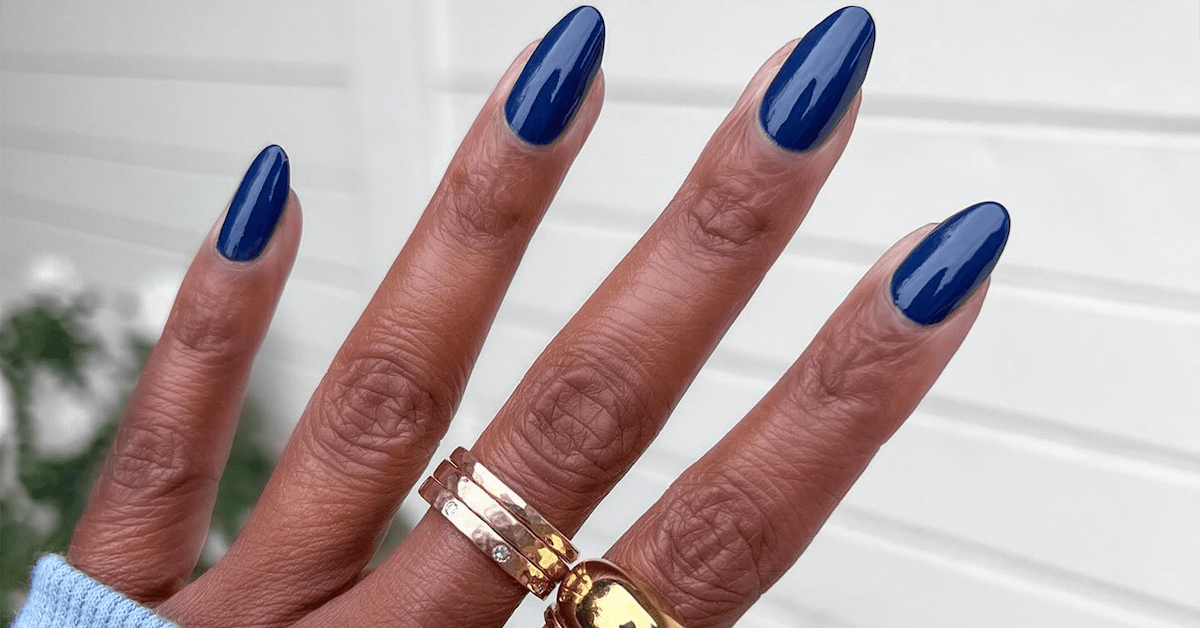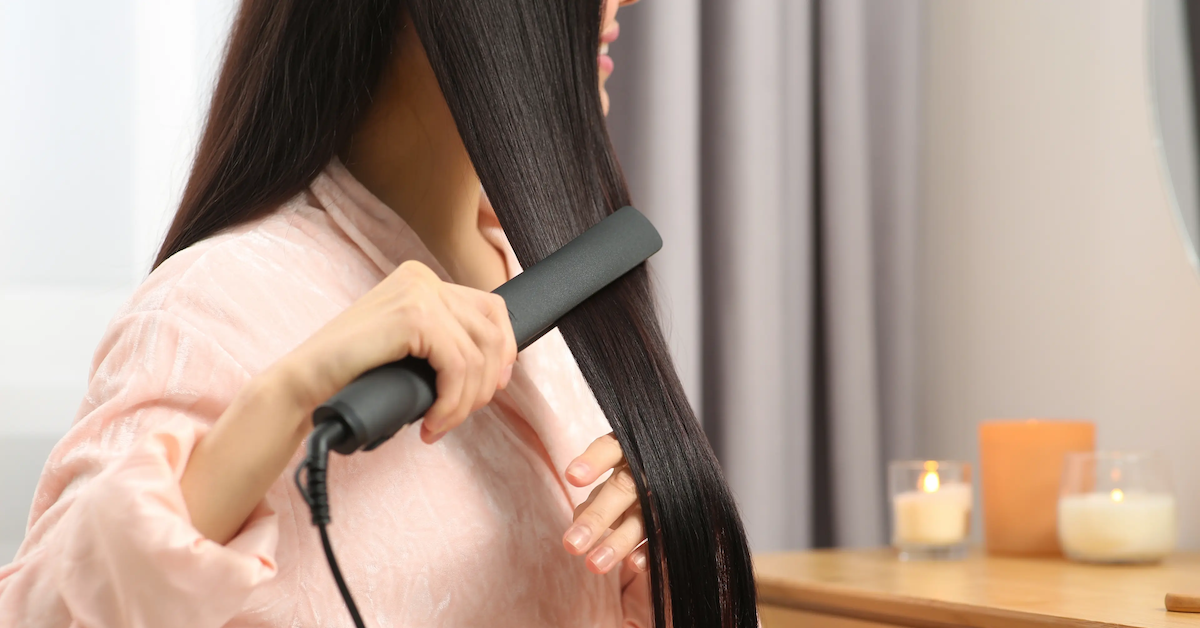Winter can be beautiful, but it’s tough on your hair. Cold, dry air combined with indoor heating creates a recipe for dryness, frizz, and breakage. To keep your hair looking its best through the colder months, some simple changes can make a huge difference. From deep conditioning to choosing the right products, here’s how you can protect your hair from winter’s effects and maintain a healthy, shiny look.
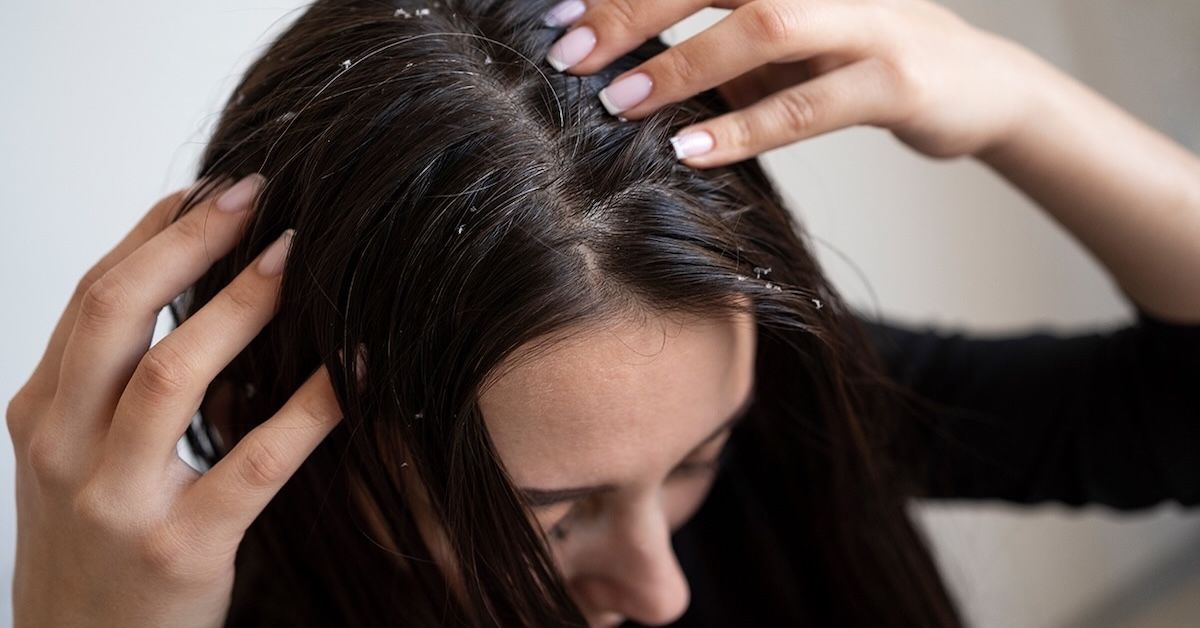
Understanding How Winter Weather Affects Hair
Winter brings its own set of challenges for hair. The cold air outside is dry, and low humidity can quickly strip moisture from your strands, leaving them brittle and prone to frizz. But it’s not just the outdoor air—indoor heating dries the air even further, creating an environment that can sap your hair’s natural hydration.
Moving between the cold outdoors and warm indoors also puts stress on your hair. This constant temperature change causes hair cuticles to expand and contract, weakening the strands over time. That’s why winter hair care requires extra moisture and gentle handling.
Locking in Moisture with Deep Conditioning
A weekly deep conditioning treatment can help keep your hair hydrated and strong during winter. Using a rich, nourishing hair mask or treatment can make all the difference by adding an extra layer of moisture. Brands like Moroccanoil and Milbon offer intensive treatments packed with hydrating ingredients that work wonders for parched hair. Look for deep conditioners with ingredients like argan oil or shea butter that penetrate the hair shaft and provide long-lasting hydration.
Leave-in conditioners are another way to keep your hair moisturized throughout the day. A small amount applied to damp hair can create a barrier against the dry air. You can also add natural oils, like argan or jojoba, as a final step to seal in moisture and fight frizz.
Choosing the Right Shampoo and Conditioner for Winter
Winter calls for a switch to more moisturizing hair products. Choosing a hydrating shampoo and conditioner with ingredients like glycerin, hyaluronic acid, or shea butter can make a huge difference. These ingredients help attract moisture to your hair, keeping it softer and less prone to frizz. Kevin Murphy offers some fantastic options that prioritize hydration, giving your hair what it needs without weighing it down.
Avoid shampoos with harsh sulfates, as they strip natural oils from your hair, leaving it drier than usual. Instead, opt for a sulfate-free shampoo to maintain your hair’s natural moisture balance. Reducing the frequency of washing can also help—try going a day or two longer between washes to allow your hair to retain its natural oils.
Protecting Hair from Heat Damage
Heat styling tools can be especially rough on hair during winter, so try to limit their use whenever possible. Blow-dryers, flat irons, and curling irons all strip moisture from the hair, so cutting back can keep your strands healthier. When you do use heat styling, make sure to apply a heat protectant spray first. Living Proof has a great option that shields hair from high temperatures, reducing the risk of breakage and keeping it smoother.
If you can’t skip the heat entirely, try using a lower heat setting on your tools. While it might take a bit longer to style, the gentler heat will be much kinder to your hair and will help prevent further drying and damage.
Preventing Frizz with Anti-Static Strategies
Nothing is more frustrating than the static hair that comes with winter. To tackle this, consider switching to a microfiber towel to dry your hair after washing. Microfiber towels reduce friction, minimizing static and preventing breakage, and they absorb moisture quickly without roughing up the cuticle.
Anti-frizz serums and creams can also work wonders, helping to smooth hair cuticles and prevent flyaways. These products keep hair sleek, even in dry air. Finally, a silk or satin pillowcase is a game-changer for overnight care. Unlike cotton, silk and satin don’t create friction against your hair, helping to keep frizz and static at bay.
Wearing Hair-Friendly Winter Accessories
Wearing hats and scarves to stay warm is essential in winter, but they can sometimes make hair issues worse. Wool or cotton hats can cause friction that leads to frizz and breakage. To avoid this, opt for hats that are lined with silk or satin. These materials protect your hair from harsh fabric, reducing friction and static.
When it comes to tying your hair back, avoid tight elastics that pull on the strands. Instead, use loose ties or scrunchies that won’t strain or damage the hair. Protecting your hair from breakage also means covering it from the elements. If you’re outdoors for an extended time, a scarf or hood over your hat can shield your hair from cold winds, preserving its moisture and texture.
Strengthening Hair with Regular Trims and Scalp Care
Scheduling regular trims can help you stay ahead of split ends, which become more common in dry winter weather. Trimming off damaged ends every few weeks prevents breakage from spreading up the hair shaft, keeping your hair looking healthy and full.
Scalp care is just as important as hair care, especially in winter. A healthy scalp promotes stronger, more resilient hair. Scalp massages increase blood flow, stimulating hair growth and keeping the scalp healthy. You might also try a nourishing scalp treatment to add moisture to both the scalp and roots, especially if you’re experiencing flakiness due to dry winter air.
Avoid washing your hair with hot water, which can strip natural oils and lead to dryness. Instead, use lukewarm water to retain moisture and keep your hair’s natural oils intact. This small change can make a big difference in the overall health of your hair during winter.
At Ross Highland Park, we understand the importance of seasonal hair care adjustments to keep your hair looking and feeling its best. By incorporating these tips into your routine, you can enjoy frizz-free, strong, and shiny hair all winter long.



